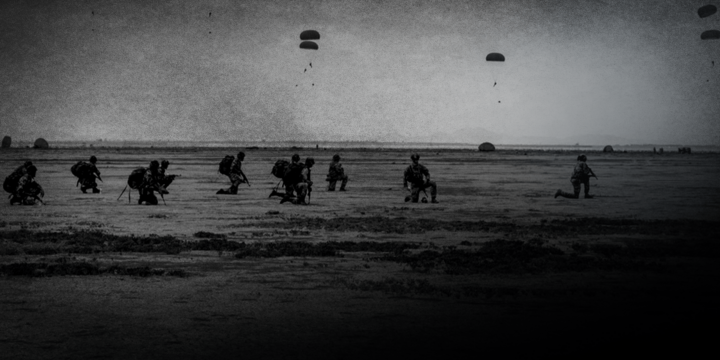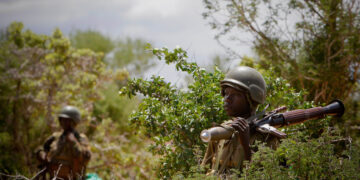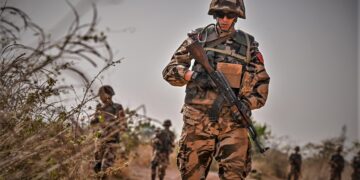April 29, 2024
As U.S. pulls troops from Niger and Chad, what happens to counterterrorism?
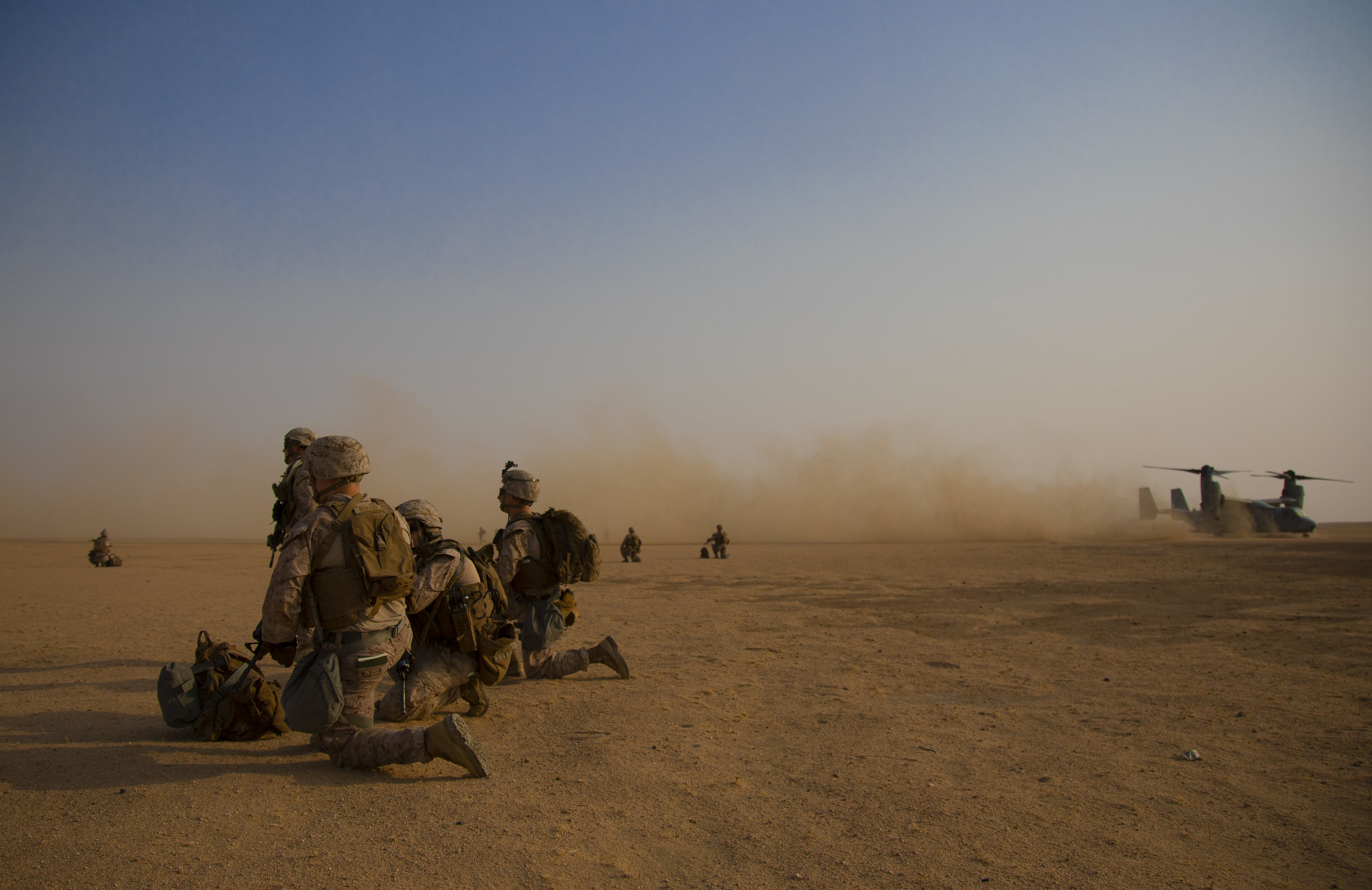
Niger and Chad are two of the poorest countries on the planet. The first is administered by a military junta that deposed the democratically elected president in July and has been keeping the former head of state and his family in confinement ever since. The latter is basically a family-run enterprise, with the current president, Mahamat Idriss Deby Itno, taking over from his father, who ruled the nation for three decades, after he was killed in a battle with insurgents.
Even so, the United States, the wealthiest country in the world, has been on its hands and knees for weeks, all but begging the Nigerian and Chadian governments to allow U.S. forces to remain in their respective countries.
Last month, a senior U.S. delegation visited the Nigerien capital of Niamey to find a way to bring the generals around. The meeting was a dumpster fire. The Nigeriens viewed the U.S. demands as disrespectful and akin to a violation of sovereignty. Shortly after, the junta tore up the decadelong security agreement Niger had with Washington and ordered the roughly 1,000 U.S. troops in the country to leave. The only negotiations occurring now center on how long it will take for the U.S. military to pull out.
Chad, thought to be a reliable U.S. security partner in the Sahel, is putting pressure on Washington as well. A senior Chadian general sent a letter to U.S. officials telling the U.S. military to “immediately stop” activity at a French base in N’Djamena, the capital city. According to the Pentagon, roughly 100 U.S. special operations troops will be repositioned. U.S. defense officials feel somewhat confident that any misunderstandings will eventually be cleared up with the Chadian government. Of course, the U.S. likely thought the same in Niger.
More on Africa
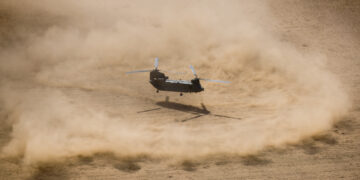
Featuring Jennifer Kavanagh and Benjamin Friedman
June 3, 2025
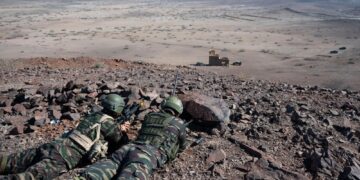
Featuring Mike Sweeney
March 20, 2025
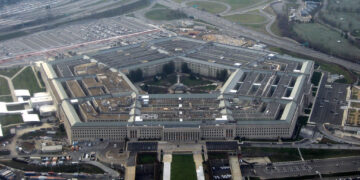
Featuring Benjamin Friedman
February 11, 2025
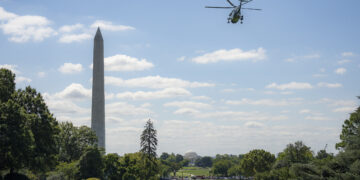
Featuring Daniel DePetris
November 6, 2024
Events on Africa
